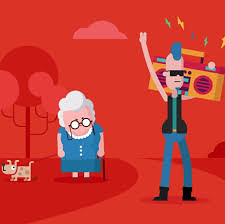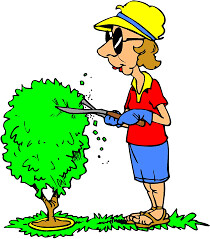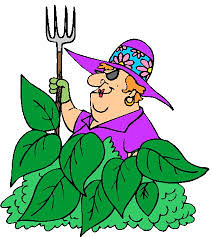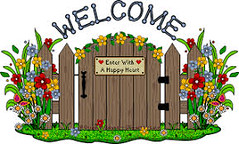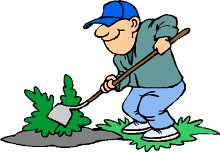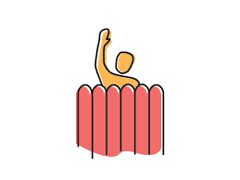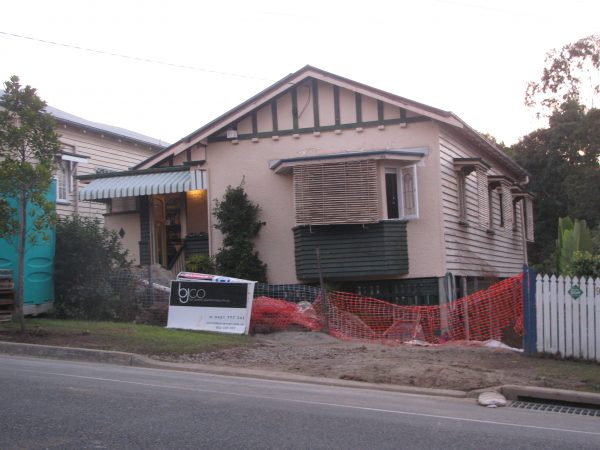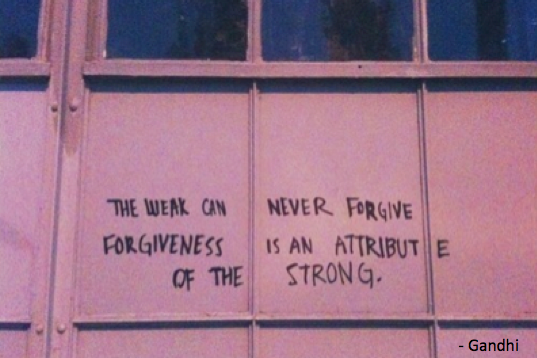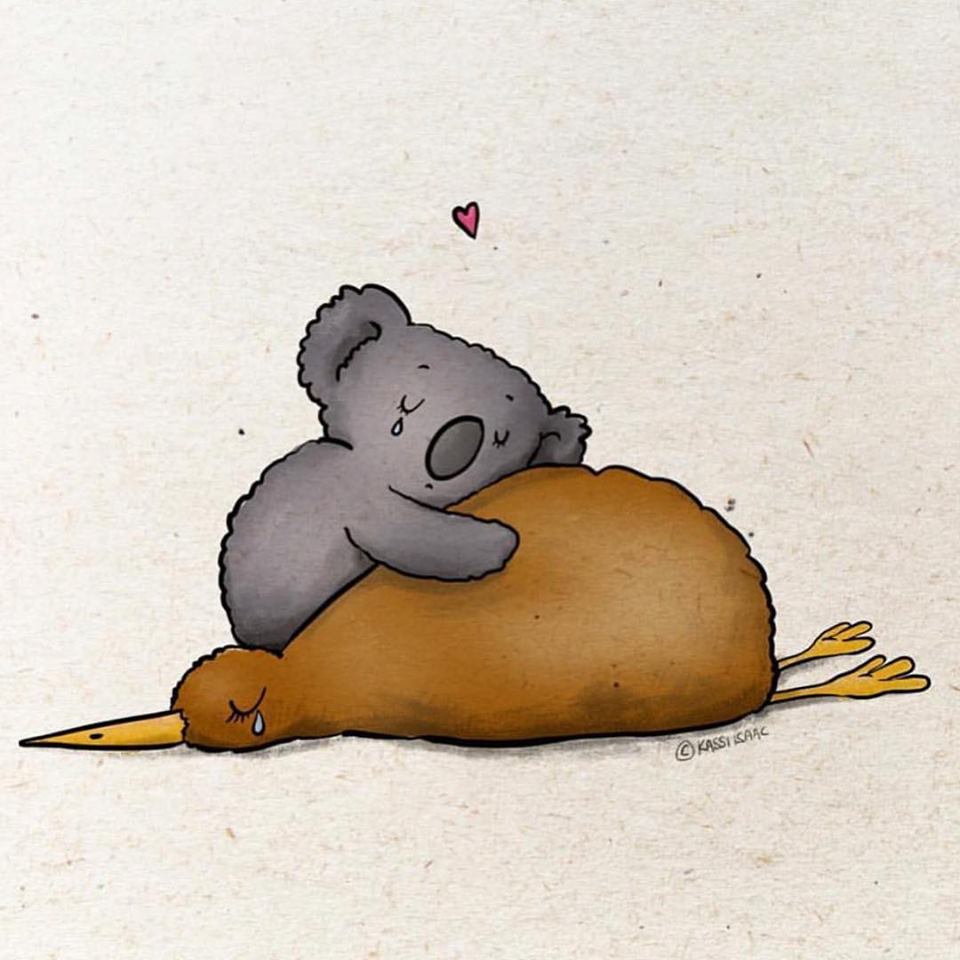
Many judge others who are dissimilar to them, far too quickly and without compassion. Judgements are a breeding ground for misconceptions and left to fester uninhibited can develop into prejudice, fear an in its worst incarnation, racism.
WEEKLY QUOTES
Individualism is rampant. Income inequality is growing. Public education is under-resourced. The gender revolution is stalling. We no longer trust our major institutions or our political leaders. We are more socially fragmented, more anxious, more depressed, more overweight, more medicated, deeper in debt and increasingly addicted – whether to our digital devices, drugs, pornography or ‘stuff’.
~Hugh Mackay
theweekendedition.com.au/events/hugh-mackay-australia-reimagined/
The streets are empty of children, neighbours are sometimes strangers. We don’t seem to talk to each other, so much anymore. Now in the wake of the Christchurch tragedy and upcoming elections, immigration and security is on the political agenda.
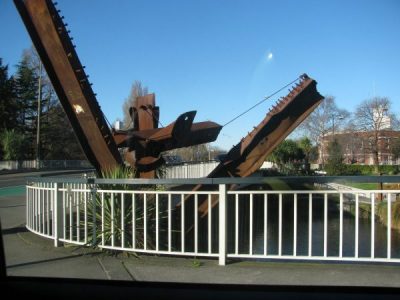
There is intense discussion on the social problems of rising prejudice, racism, fear and extremist sentiment. An undercurrent of fear and divisiveness, is deliberately or unwittingly perpetuated by media forces. What can the individual do?
The greatness of a community is most accurately measured
by the compassionate actions of its members
~ Coretta Scott King
http://www.brainyquote.com
Yesterday I wrote a post about Neighbours from Hell, and heard Social Researcher Hugh Mackay’s concept of nurturing our neighbourhoods by developing compassion. Hugh believes it is compassion that will save mankind from divisiveness, radical viewpoints and extreme behaviour.
Weekly Proverb

With a sweet tongue and kindness,
you can drag an elephant by a hair
~ Persian Proverb
Once I turned 20 years of age, I was keen to contribute and be actively involved in the community, be that in the educational setting, workplace or community leisure groups. Involvement in these groups has brought me many lasting friendships and taught me valuable life lessons. I had to find ways to get along with different kinds of people, to make things work. Resentment and dislikes impaired the team effort. Community cohesiveness became impportant to me
Compassion and a sense of acceptance of others for their differences can assist us to understanding our neighbours, and colleagues and, in doing so, we foster a sense of community, of inclusiveness.
In a perfect world, no one group or individual would feel so threatened or socially isolated they would need to resort to violence or aberrant behaviour. We can all do our part in our own small neighbourhood, to drag the metaphorical elephant by the hair.
“We do not have to agree with them, but we Do just have to understand them.”
“Understanding is the first step to acceptance, and only with acceptance can there be recovery.”
― J.K. Rowling,
What do you think?
Could compassion and community be the antidote to social extremism?
Everyone’s opinion is important. What is yours?
Join in the discussion by leaving a comment.
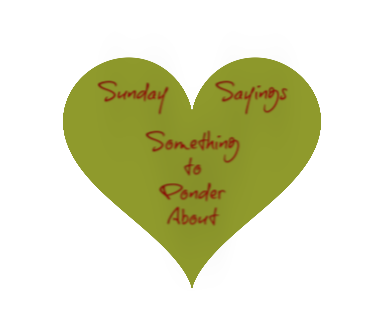
I find there to be profound wisdom in proverbs, sayings and quotes and I marvel at the way they are so succinct in communicating messages to the reader.
Mostly anonymous, they come to us from past generations and from across cultures. They speak of the experiences of lives lived and lessons learned.
Quotes, like proverbs, make us think more deeply about something.





